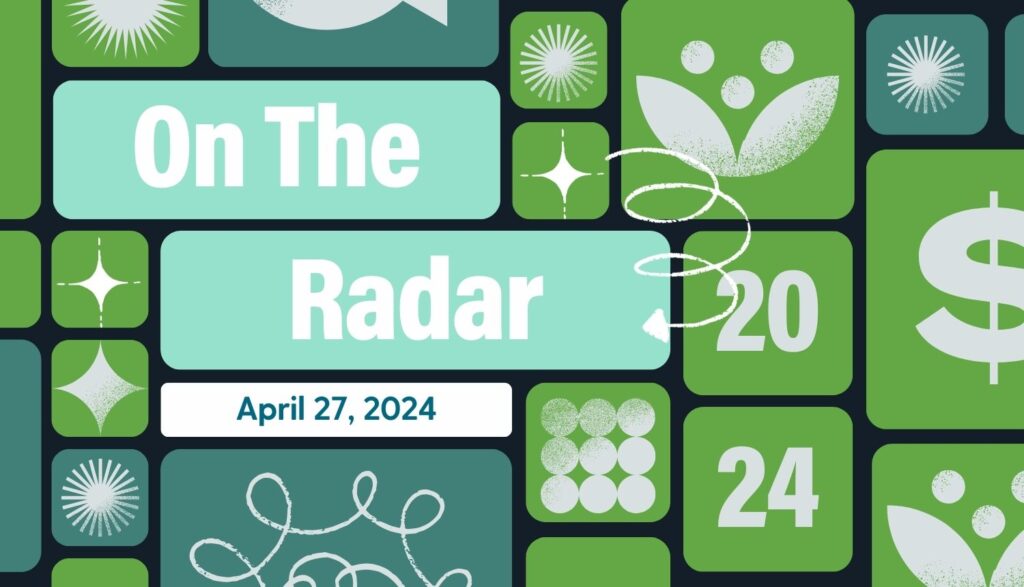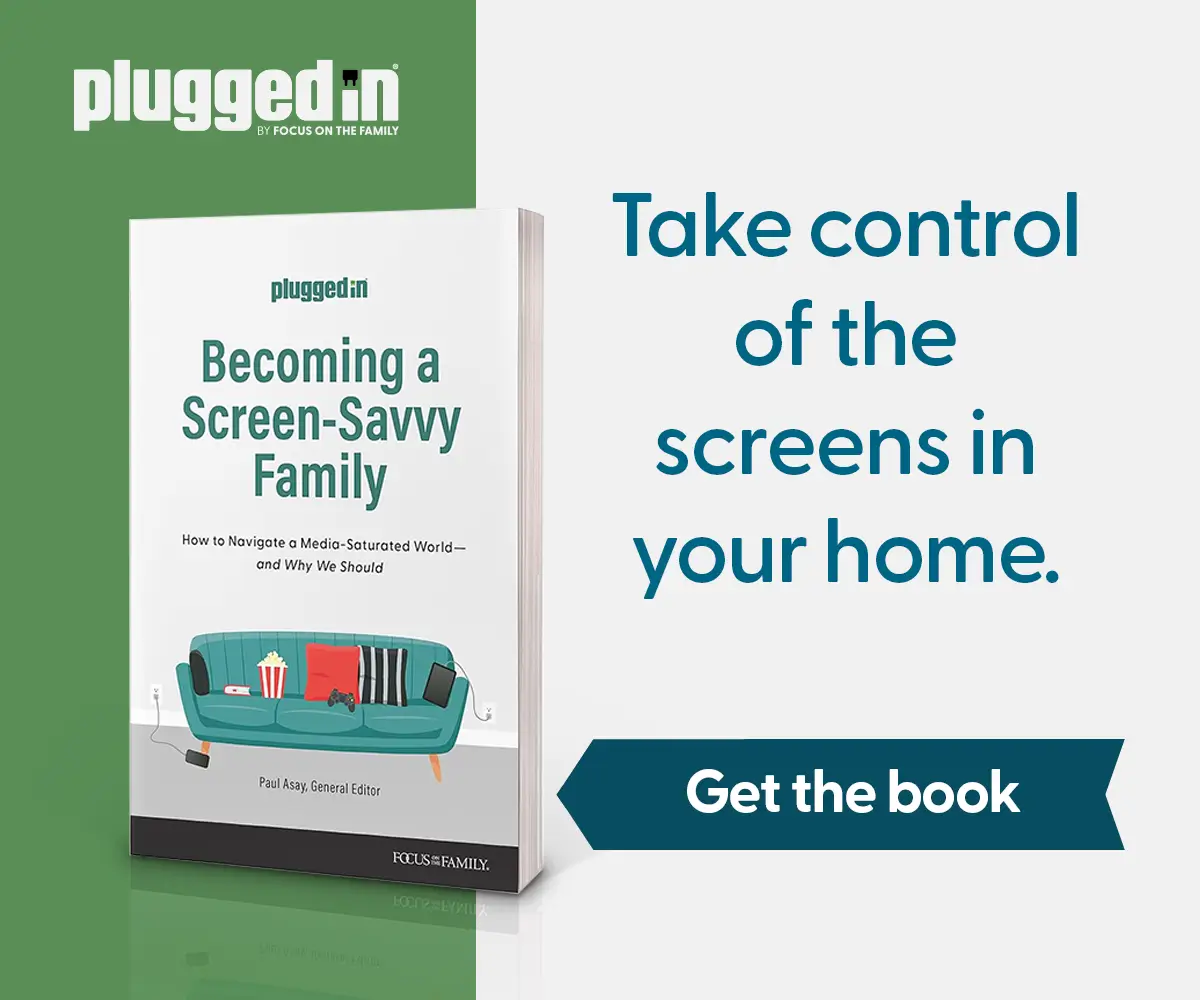What Is ‘Main Character Energy’?
What? “Main character energy” (aka “main character moments” or “main character vibes”) is a slang term commonly used on social media to describe someone who is constantly trying to be the center of attention or simply “wants more focus on them,” according to Later.
So What? Although this is generally considered great for boosting confidence and self-worth (the hashtag has been used more than 300,000 times on Instagram alone, according to Sprout Social), it can also promote a certain me-first attitude that most parents would probably rather their teens avoid.
Now What? Is your teenager giving off “main character energy?” If so, consider what that really means. Chances are that they’re feeling underappreciated or unnoticed either by their peers or by the adults in their life—possibly including you. Talk to them about why they feel this way. Reaffirm them of their value. And try to offer some alternatives that will help them feel loved without inflating their ego too much.
Why Vaping Teens Have Trouble Quitting Later On
What? Vaping rates among 18- to 24-year-olds has risen from 7.6% in 2018 to 11% in 2021. And new data indicates that almost half of those began vaping before they turned 18.
So What? Although vaping has decreased among high schoolers in general (from 28% in 2019 to 12.6% in 2023), the increased nicotine levels of vaping devices (five times more than previous products) and ease of use (many have sleek designs and don’t require an open flame, unlike cigarettes) have made them more difficult for young adults to quit.
Now What? If your kid vapes, or if you suspect they vape, talk to them about the risks. The Centers for Disease Control and Prevention warns that nicotine alone can harm adolescent brain development (affecting the parts of the brain that control attention, learning, mood and impulse control), “which continues into the early to mid-20s.” And even products marketed as containing 0% nicotine have been found to be false.
What Is a ‘Silent Review’?
What? “Part ASMR [a tingling in the scalp and neck people get, often when watching relaxing, sense-stimulating videos], part digital rest stop, ‘silent reviews’ call for creators to not speak (for the most part) but instead to ‘silently’ review products with exaggerated facial expressions and dramatic gestures,” says Business Insider
So What? While this trend isn’t necessarily bad, the creator who instigated these silent reviews has actually stepped back from creating them, since it began to feel “performative,” “insincere” and “inauthentic.”
Now What? If you catch your teen silent reviewing books (which is how the trend first started), makeup or other products, consider how they’re doing this. Are they being kind and fair in their reviews of products? Or are they putting on a performance to get more likes? Because if it’s the latter, some parental guidance may be needed. And if your child begins silent reviewing people—as I suspect this trend will soon lean—put a stop to it since anything less than a stellar review is really just cyberbullying.








One Response
Good article.